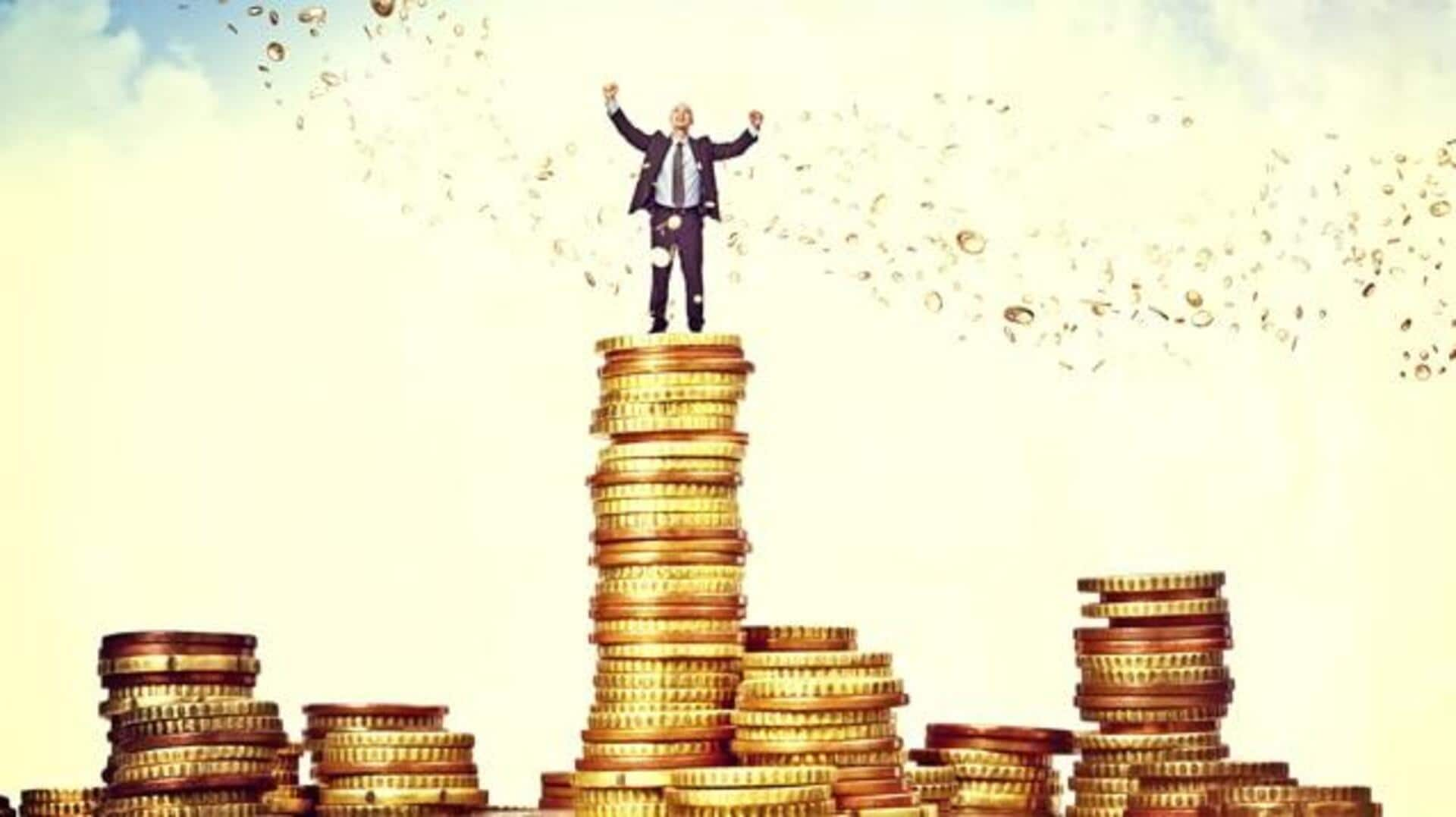
Top 5 richest men double their fortunes since pandemic low
What's the story
The Oxfam annual inequality report has revealed that the world's five wealthiest individuals have doubled their net worth since 2020. Their combined net worth has risen by 114%, reaching $869 billion, after adjusting for inflation. If current trends persist, we could see the first trillionaire within a decade. At the same time, the poorest 60% or nearly five billion people globally have become poorer. At the current rate, it would take nearly 230 years to eradicate poverty.
Details
Billionaires' wealth grows three times faster than inflation
Oxfam's report, "Inequality Inc.," reveals that billionaires' wealth has increased by $3.3 trillion or 34% since 2020, growing three times faster than inflation. Seven out of 10 of the largest global corporations have a billionaire CEO or primary shareholder. Nabil Ahmed, Oxfam America's director of economic and racial justice, stated, "We find ourselves in a new Gilded Age, but workers, regulators and union and community organizers are starting to make cracks in it."
Insights
The top five billionaires
Elon Musk, who heads companies like Tesla and SpaceX, saw his wealth surge to $245.5 billion by the end of November, a 737% increase from March 2020, after adjusting for inflation. Bernard Arnault, chairman of LVMH, reached a net worth of $191.3 billion, up 111%. Jeff Bezos, Amazon's founder, had $167.4 billion, a 24% increase and Larry Ellison of Oracle had $145.5 billion, up 107%. Warren Buffett, CEO of Berkshire Hathaway, saw a 48% rise, reaching $119.2 billion.
What Next?
Top 1% holds 43% of total financial assets
The report states that the top 1% globally owns 43% of total financial assets. In the US, it's 32%; in Asia, 50%; Middle East, 48%; Europe, 47%. The study found 148 major corporations made $1.8 trillion in profits in the year leading up to June 2023, a 52.5% increase from their average between 2018 and 2021. Oxfam mentioned the oil and gas, pharmaceutical, and financial sectors for their significant profit growth in recent years.
Insights
Oxfam calls for government intervention to tackle inequality
Oxfam asked governments to intervene and tackle the widening wealth gap. Amitabh Behar, Oxfam International's interim executive director, said, "Public power can rein in runaway corporate power and inequality - shaping the market to be fairer and free from billionaire control." "Governments must intervene to break up monopolies, empower workers, tax these massive corporate profits and, crucially, invest in a new era of public goods and services." The report also urges countries to resist the ultra-rich's sway over tax policy.
Facts
Workers' wages stagnate as billionaires' wealth soars
The Oxfam report shows that average real wages across 52 countries have dropped for nearly 800 million workers, who have lost a combined $1.5 trillion over the past two years. This equates to 25 days of lost wages for each worker. The most recent Gini index, which measures inequality, found that global income inequality is now on par with South Africa, the nation with the highest inequality worldwide.